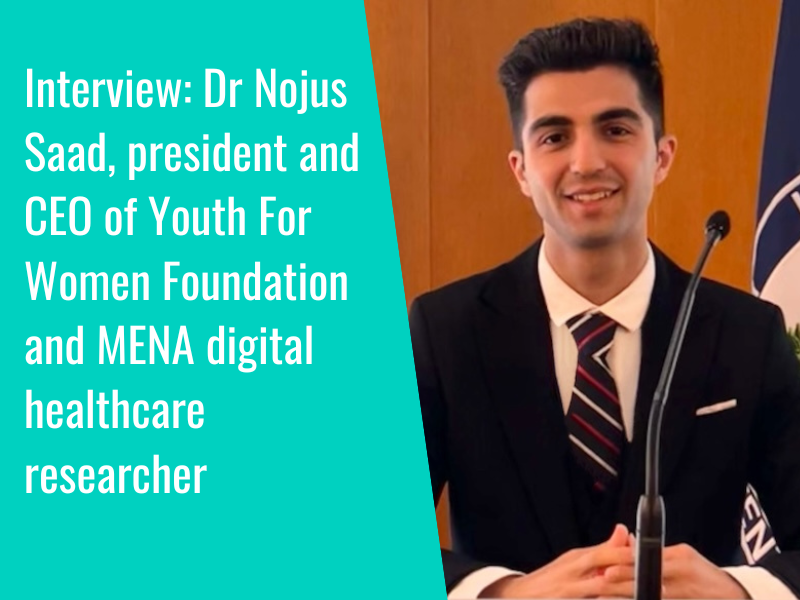An article from the United States published in November in the Journal of Medical Systems has highlighted three key areas for AI to decrease administrative burden and empower physicians and patients.
The article’s authors focus on three key areas in which AI presents an “unprecedented opportunity to reduce cost, improve care, and markedly enhance the patient and physician experience”.
The first of the three key areas is the automation of “mundane” tasks such as writing patient notes. Authors argue that the work of companies including Amazon and DeepScribe represents the start of a shift in the burden of record keeping from the clinician to technology. They claim early evidence shows automation with AI not only decreases the burden, but “also increase satisfaction as AI may be perceived in some circumstances as having greater empathy”.
The second key area is the augmentation of human-driven clinical practice, with AI transforming the ways clinicians use information and make decisions. The article also highlights how AI can help improve the management of patients, bringing to light concerning trends, gaps in care, or offering options for next steps which might otherwise be “omitted or delayed”. AI “may more accurately read CT scans, mammography, or pathology slides, catching diagnoses that might have been missed”.
The final area the authors propose is the automation of elements of clinical practice, noting the existence of technology such as IDx-DR for streamlining screening for diabetic retinopathy, and point-of-care digital cytology with AI being used for cervical cancer screening. Authors predict “the transition to automation will be gradual with human practitioners remaining relevant and in the loop supervising the algorithms while finding new avenues to care for patients, requiring physicians to develop the skills to oversee and manage the output and activities of AI-enabled technologies”.
Finally, the article’s authors consider some of the important policy questions surrounding the implementation of AI for some of these health tasks. Specifically, they recommend that “medical licensure for independently practicing products should be avoided”, and that policymakers “should consider the creation of a series of voluntary, alternative regulatory pathways fit for software as a medical device, inclusive of AI and software-driven medical devices”.
To read the article in full, please click here.
Spear, J., Ehrenfeld, J.M. & Miller, B.J. Applications of Artificial Intelligence in Health Care Delivery. J Med Syst 47, 121 (2023). https://doi.org/10.1007/s10916-023-02018-y
- 1
- 2

















